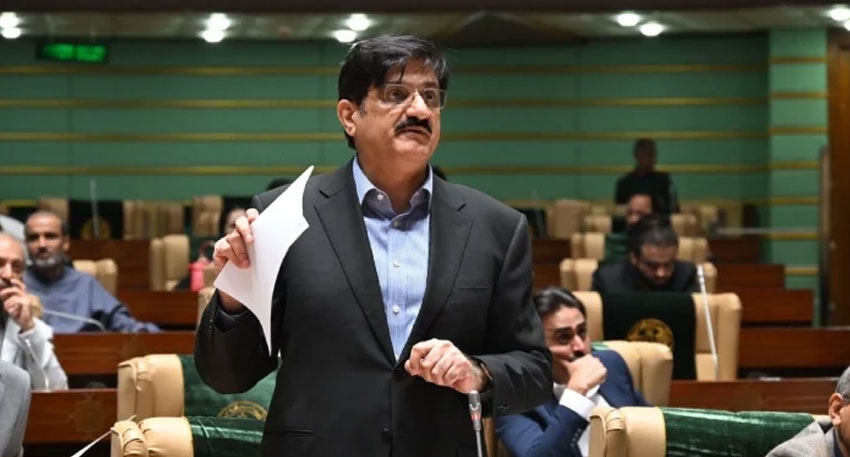
In late November, an interfaith group of protesters along with others organized by the Tucson Coalition for Palestine gathered outside RTX facilities in the University of Arizona Tech Park to take out a protest. The demonstration, which included some protesters blocking an entrance into the site, resulted in more than 20 arrests.
In a motion filed last week, four defendants argued that Arizona’s Free Exercise of Religion Act, a state law that resembles the federal Religious Freedom Restoration Act, protects their right to demonstrate. They are seeking dismissal of trespassing charges against them, World&Way reported.
The motion reads, “Defendants’ protest was a sincere exercise of religious expression which is burdened by this prosecution. FERA protects the free exercise of religion in Arizona not only against purposeful discrimination, but as here, against the government using a law to prosecute that is of general applicability that substantially burdens any individual’s religious exercise.”
The case centers on a demonstration that took place outside the Tucson offices of RTX, formerly known as Raytheon Technologies, a major U.S. defense contractor. Since the outbreak of the Israel-Hamas war in October, pro-Palestinian activists have staged multiple protests outside various offices of RTX, which produces missiles and weaponry used by the Israel Defense Forces. The IDF is currently engaged in a lengthy ground assault into the Gaza Strip that has killed as many as 34,000 people following a Hamas-led attack on Israel Oct. 7 that left 1,200 people dead and hundreds more taken hostage.
Among those handcuffed and charged with trespassing was the Rev. Seth Wispelwey, a defendant listed in the motion who serves as the minister for economic justice for the United Church of Christ denomination.
Wispelwey said in an interview with Religion News Service that he has a brother who works in the occupied Palestinian territories, but said his religious beliefs were a key reason for his participation in the protest, pointing out that he wore his clerical collar during the demonstration.
“I believe and know that God has a lot to say about the uses of our money, both personally and as communities — and ours as a genocide economy,” said Wispelwey. The allegation of genocide has become common among pro-Palestinian demonstrators, who insist Israel’s actions against Palestinians — which include the displacement of nearly 2 million people and sparking a humanitarian crisis experts warn is on the precipice of famine — amount to genocide. It’s an argument also forwarded by South Africa in the International Court of Justice late last year, which was cited in the Arizona motion.
RTX did not immediately respond to a request for comment on the case.
Wispelwey added that many of those who participated in the protest were Jewish, including one of the defendants listed in the motion, Josie L. Shapiro. In the court filing, Shapiro is described as a former Holocaust educator and aspiring rabbi who argues the decision to protest was motivated by “the Talmudic obligation that those with the power to intervene to prevent wrongdoing must do so.”
The motion further reads: “Shapiro was also motivated by the overriding value of human life under Jewish law, a value which supersedes other obligations under the Halachic principle of Pikuach nefesh.”
It reads, “Hubersberger is a pacifist who was motivated to protest U.S. complicity in mass death and suffering in Gaza by a religious belief that all life is sacred and interconnected and that the divine dwells within each individual. Hubersberger believes that when humans destroy other human beings, we are destroying that which is a reflection of God. Hubersberger’s faith requires loyalty to the oppressed as a spiritual imperative.”
The motion argues that FERA protects the defendants “even from laws of general applicability and facial neutrality” such as trespassing because the defendants acted out of sincerely held religious belief, and that their arrest “substantially burdens the exercise of religious beliefs.”
Alyssa Dormer and Greg Kuykendall, lawyers representing the defendants, said in an email that they are “confident that the state cannot meet its evidentiary burden of proving that prosecuting these believers furthers a compelling governmental interest, and also demonstrate it has adopted the least restrictive means of achieving that goal.”
Wispelwey said, “I believe this call to show up on Raytheon’s doorstep was me and my fellow defendants taking very seriously the ostensible right we have to practice our religious beliefs freely.”
“I prayerfully put my faith into practice understanding that, ultimately, its validation — or not — will not come from the state,” Wispelwey maintained.




